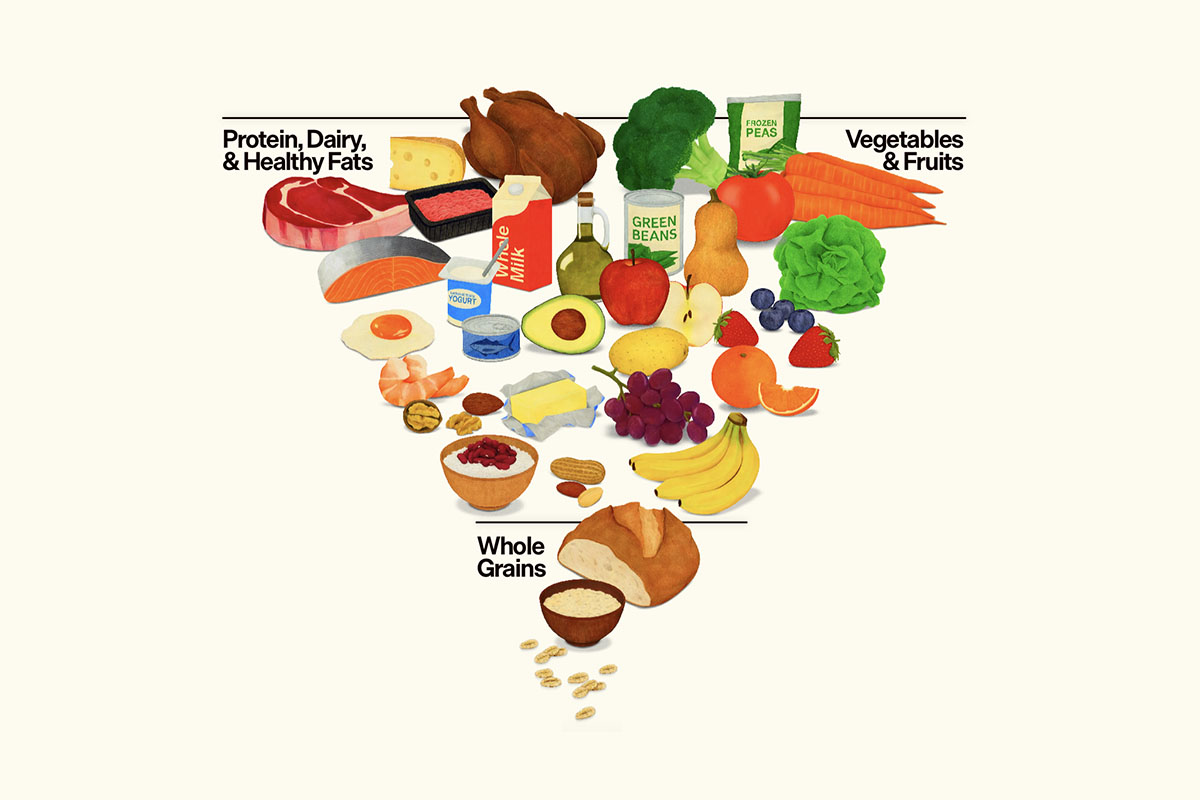Based on evidence in the scientific literature and case studies of my patients over the years, I can say with certainty that as many as 60 percent of the population suffers from hidden food allergies. According to Alan Gaby, M.D., “Hidden food allergy is a frequent cause of a wide range of physical and mental conditions.” Everyone is unique and will react differently to different foods. Here is a short list of symptoms/conditions:
 Chronic fatigue
Chronic fatigue- Arthritis
- Urinary urgency
- Eating disorders
- Alcoholism
- ADHD
- Depression/Anxiety
- Ringing of ears
- Recurrent sinusitis
- Hypertension
- Aggressive behavior
- Learning disabilities
Hidden food allergy is important for public health awareness because of the prevalence of these common conditions. Symptoms become chronic with the repeated ingestion of allergenic foods. So, why are the foods being eaten so often, if at all? Enter the concept of allergic addiction.
Paradoxically, the foods that cause the most problems are the ones we are “addicted” to.
Patients often experience short-term relief after ingesting foods that are later demonstrated to be the cause of their chronic symptoms. “Your five favorite or highly craved foods or beverages are the ones that are most apt to cause symptoms if you have food allergy.” — Doris Rapp, M.D.
For example, wheat and dairy products contain exorphins (they’re like endorphins but not made in the body), which bind to opiate receptors in the brain and produce a euphoric, even drug-like haze. That’s why we reach for cake, ice cream, bread or even potato products to soothe us. Broccoli just doesn’t cut it. Some experience fatigue or brain fog. Others experience emotional lability or sleepiness.
So ask yourself: What foods can’t I live without? What foods do I crave? These are your first suspects. Eliminate the suspect foods for a period of two weeks but don’t be surprised if your symptoms become worse. It’s called withdrawal and it can take a few days to feel better. Then reintroduce the foods one at a time to see if they cause any symptoms.
This is why food sensitivities are often called addictions. Your response to the elimination and reintroduction of your suspect foods will be very telling.
To your health!







